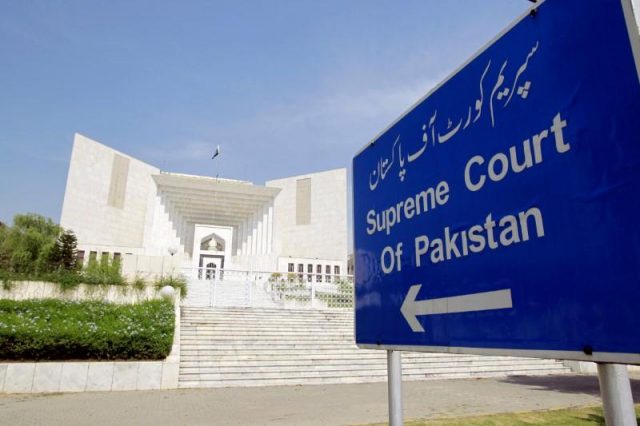ISLAMABAD: The Supreme Court has ruled that while Section 9(3) of the Companies Ordinance allows summary procedures, such processes must be fair and provide equal opportunity to all parties involved.
A three-judge bench, led by Chief Justice Yahya Afridi and including Justice Amin-ud-Din Khan and Justice Ayesha A Malik, delivered the judgment, overturning decisions by the Sindh High Court and the Company Judge. The ruling was passed by a 2-1 majority, with Justice Ayesha dissenting.
The case concerns a dispute between the partners of Ofspace Private Limited, Shah Group, holding 44% shares, and Khan Group, holding 56%. The conflict arose after Alamgir Khan of Khan Group transferred 30% of shares to his brother Sher Asfandyar Khan, which Shah Group claims violated two Shareholders’ Agreements governing the company’s shareholding and management.
The Shah Group initially brought the matter before the Company Judge under Sections 290 and 291 of the Companies Ordinance, who ruled in their favour, declaring the share transfer against the agreed terms. This decision was upheld on appeal by the Sindh High Court. The Khan Group challenged these rulings before the Supreme Court.
The Khan Group argued that the Shareholders’ Agreements were not independently authenticated, contained forged signatures, and that the summary procedure under Section 9 was improperly applied given the complex factual disputes. They also contended that secondary evidence was admitted without meeting legal standards under Article 76 of the Qanoon-e-Shahadat Order, 1984.
In a 30-page judgment authored by Chief Justice Afridi, the Supreme Court stated that summary procedures under Section 9(3) do not strip the Company Judge of the authority to assess evidence when required. The Court emphasized that fairness and due process must be upheld, especially in cases involving disputed authenticity of documents.
The judgment pointed out the absence of essential procedural safeguards such as oral testimony, forensic examination, and cross-examination in this case, raising concerns about the fairness of the prior rulings.
The Supreme Court also criticized the acceptance of Shareholders’ Agreements without rigorous scrutiny, highlighting that allegations of forgery demand strict examination of secondary evidence.
Ultimately, the Court found that both the Company Judge and the Sindh High Court failed to exercise discretion according to established legal standards, undermining the just resolution of the dispute.
The Supreme Court’s ruling underscores the importance of balancing summary procedures with procedural fairness in complex corporate disputes involving documentary authenticity.























